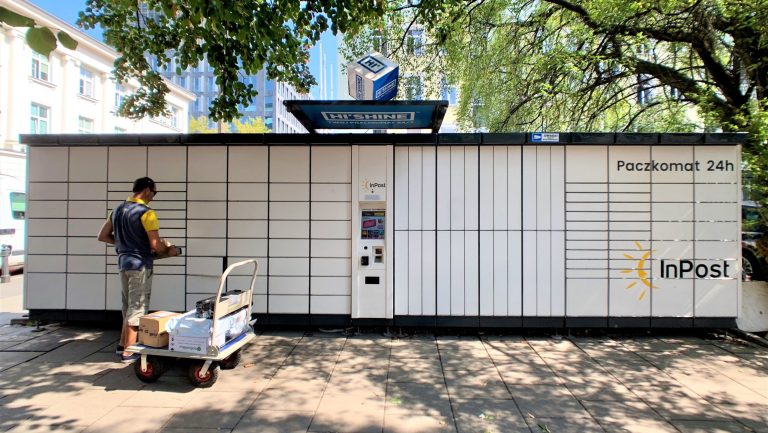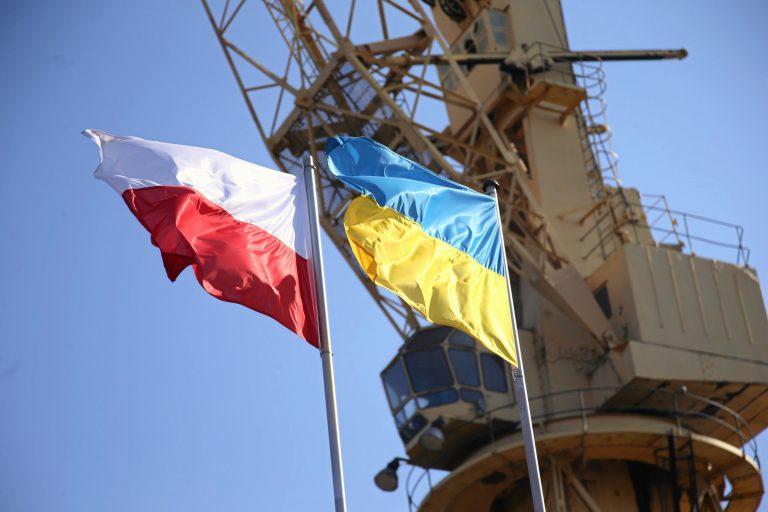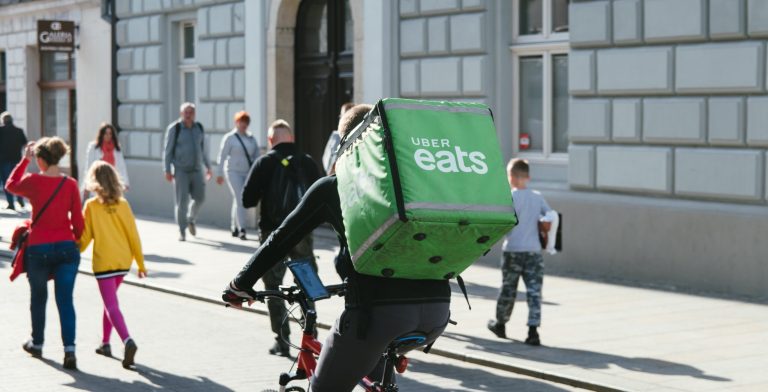Poland’s longest tunnel to slash train journey times from Kraków
A contract has been signed to build what will be Poland’s longest tunnel, stretching almost 3.8 km (2.4 miles) through part of the Western Beskids mountains in the south of the country.
Once complete, the tunnel and related rail modernisation will cut the train journey time between Kraków, Poland’s second-largest city, and Nowy Sącz, a major regional city of 83,000 people, by around two thirds.
The broader investment programme it is part of, which is financed by the EU’s post-pandemic recovery fund, will also slash travel times between Kraków and the mountain resort town of Zakopane.
Nowy tunel usprawni przejazd między #Limanowa a #NowySącz. Podpisana umowa na modernizację czwartego odcinka lk 104 #Chabówka–#NowySącz. W 2026 pociągi pojadą nowym torem i tunelem z Limanowej na wschód. Skrócą się podróże🚄do Nowego Sącza. #FunduszeUE 👉https://t.co/6pRG6oIVTn pic.twitter.com/R8s8xltn7s
— PKP PLK SA (@PKP_PLK_SA) March 8, 2024
On Friday, Poland’s state rail infrastructure firm, PKP PLK, announced that it had signed a 1.9 billion zloty (€444 million) contract for modernisation of the section of rail running between Nowy Sącz and the village of Chabówka, both located in the southern province of Małopolska that is centred around Kraków.
The section of track will include the new tunnel, which will be the longest single transport tunnel of any kind – road or rail – in the country. The work will be carried out by a consortium comprised of Budimex, Poland’s largest construction firm, and Turkey’s Gülermak, which specialises in rail transport infrastructure.
The modernisation programme, which is due to be completed in 2026, will upgrade infrastructure built almost 150 years ago, said deputy infrastructure minister Piotr Malepszak. He added that it would cut travel times from Kraków to Nowy Sącz from around three hours to just one.
Currently, the fastest train connections between the two stand at around 2 hours and 40 minutes, with Malepszak noting that trains often travel at speeds of up to 60km/h (37mph). After the modernisation work, speeds will increase to up to a maximum of 160km/h (99mph).
After decades of neglect, Poland’s rail network is expanding and modernising.
However, more needs to be done to integrate it with other elements of the transport system, writes @MarcinZyla https://t.co/I3AnCXgBsh
— Notes from Poland 🇵🇱 (@notesfrompoland) July 11, 2022
The improvements between Nowy Sącz and Chabówka are part of a broader programme to improve rail infrastructure in the region, including a new line connecting Kraków with the Podhale and Sądecczyzna regions that lie along the mountainous border with Slovakia.
The developments, which are due to be completed by 2029, will cut train journey times between Kraków and Zakopane to 90 minutes. Currently, the fastest connection is around 2 hours and 20 minutes.
The plans also encompass improvements to station infrastructure, including creating platforms that will be fully accessible to people with reduced mobility.
Less than 6% of train stations in Poland are fully adapted to the needs of disabled people, the government has admitted.
It comes after a video showed how markings outside one station lead blind people into a wall rather than the entrance https://t.co/Vnfeyc9jvf
— Notes from Poland 🇵🇱 (@notesfrompoland) February 14, 2021
The investment is being carried out as part of Poland’s so-called National Reconstruction Plan (KPO), which is the name given to the billions of euros in spending financed by the EU’s post-pandemic recovery fund.
Those funds were previously frozen by the European Commission due to concerns over the rule of law under Poland’s former Law and Justice (PiS) government. However, following the arrival of a new ruling coalition led by Donald Tusk, Brussels announced last month that it would unlock all of Poland’s funds.
Last year, head of the EU’s Directorate-General for Mobility and Transport declared that Poland’s plans to develop its rail network could see it surpass many western European countries within the next two decades.
Poland’s rail network may be better than western Europe’s within 20 years and could be the most modern on the continent, says the EU’s top transport official.
He also notes Poland will play a key role in integrating Ukraine into the EU’s transport system https://t.co/LyWIy7whd4
— Notes from Poland 🇵🇱 (@notesfrompoland) February 19, 2023
Notes from Poland is run by a small editorial team and published by an independent, non-profit foundation that is funded through donations from our readers. We cannot do what we do without your support.

Daniel Tilles is editor-in-chief of Notes from Poland. He has written on Polish affairs for a wide range of publications, including Foreign Policy, POLITICO Europe, EUobserver and Dziennik Gazeta Prawna.






